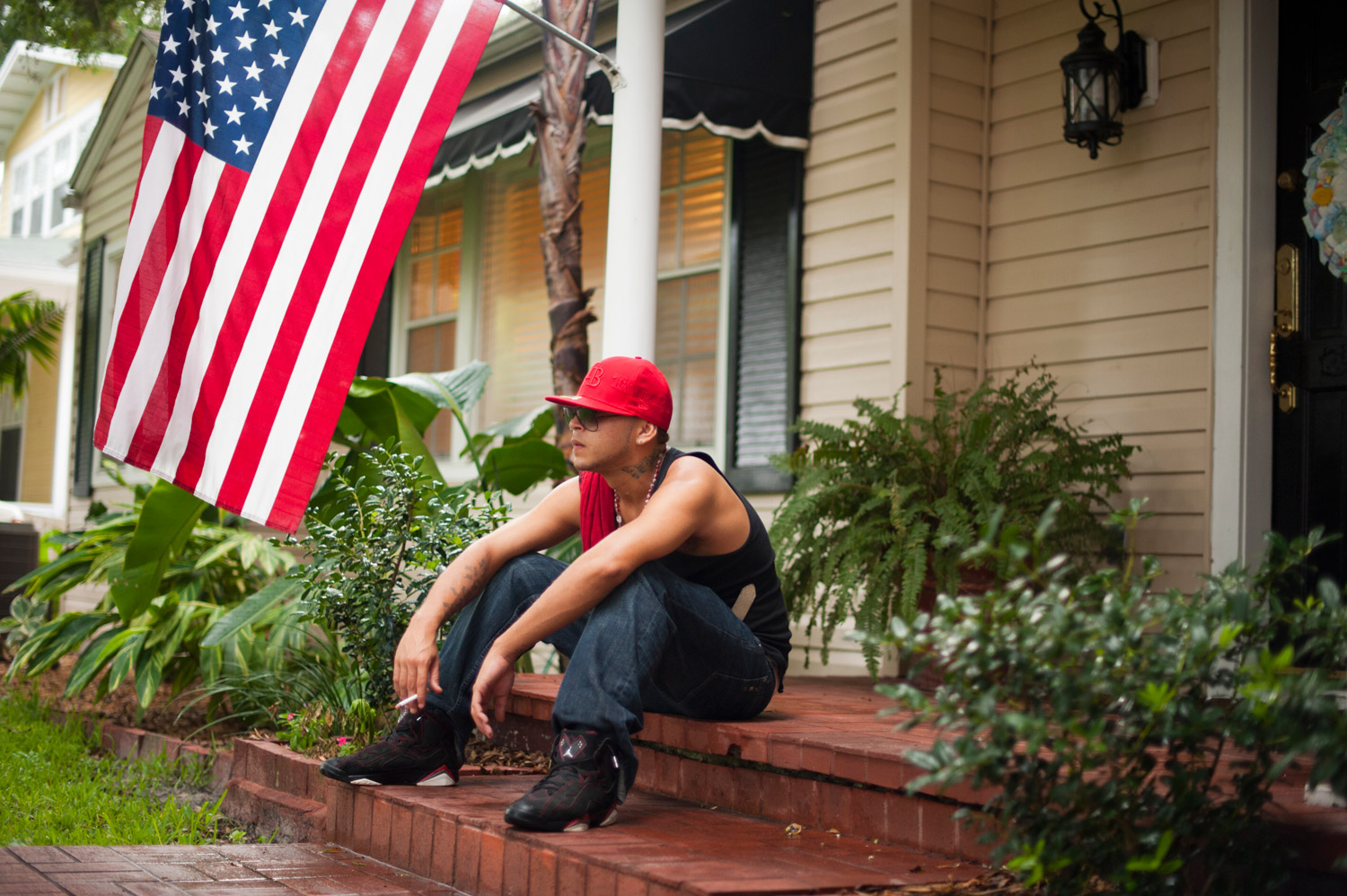
The first time Lourdes Jeannette entered her uncle’s house as an adult, she held a camera. For many years she refused to visit her mother’s brother – a man who is the leader of the Piru West Tampa Bloods. She disapproved of his activity and chose to ignore that aspect of her family’s life. But when her two younger brothers started hanging around with his crew, she knew she had to pay closer attention.
Still when she first flew down to Tampa to photograph some members of her uncle’s set of the Bloods, she had no intention of putting her family at the center of her study. In fact, much of Jeannette’s career seems like it could be seen as, if not accidental, guided by intuition and circumstance. After several years working as a manager of an interior design firm, she knew she needed a dramatic change. A friend praised her casual phone camera shots and suggested she pursue something in the arts. She decided to study photography in earnest, gaining a spot at the International Center for Photography’s general studies program. When it came time to select her thesis project, Jeannette soon turned toward gang culture. In retrospect, she wonders if she wanted to understand it better, herself: What was this phenomenon that gripped so many members of her family?
She found a young member of her uncle’s crew who was willing to be trailed and photographed — and to whom she was not related — but when he got cold feet, Jeannette decided to persevere with the project. Asking her uncle’s permission to hang around and shoot was tense, but she says that her desire to truly understand the motivation for her uncle’s gang involvement trumped her nerves.
“He truly saw it as a matter of protection for his family,” she explains. The two now enjoy a close relationship. Likewise, spending so much time with her two brothers has changed the dynamic of their relationship. “They aren’t just my kid brothers anymore,” she says. “They’re working with me, and I rely on them.”
Soon, Jeannette was spending weeks at a time shadowing events like ‘jumping in’ ceremonies or trailing the gang members to parties, nightclubs and business transactions. She became a regular at “The Trap” — a house where gang members relax, unmolested by the demands of families and day jobs. Before she knew it, she was a fixture of the organization with unfettered access.
The relationship strengthening was an important part of the project, but Jeannette saw an artistic progression that was just as profound. “I can see my improvement over the months — getting more comfortable getting close, putting myself in the middle of things,” she says, pointing to an intimate portrait of a young female cousin getting ready for a party with friends in her bedroom. In making her family the subject of her portrait, Jeannette not only grew closer to them, she also found her artistic vision.
The project is by no means over. Jeanette will continue documenting the culture, especially now that she has formed relationships with several female members of the gang. She hopes to deepen her understanding of gang culture through the experience of the women who marry, join or are born into the crew.
Lourdes Jeannette is a New York based photographer. She managed an interior design company before pursuing a career in photography at the International Center of Photography. See more of her work here.
Meredith Melnick is a reporter at TIME. Find her on Twitter at @MeredithCM.
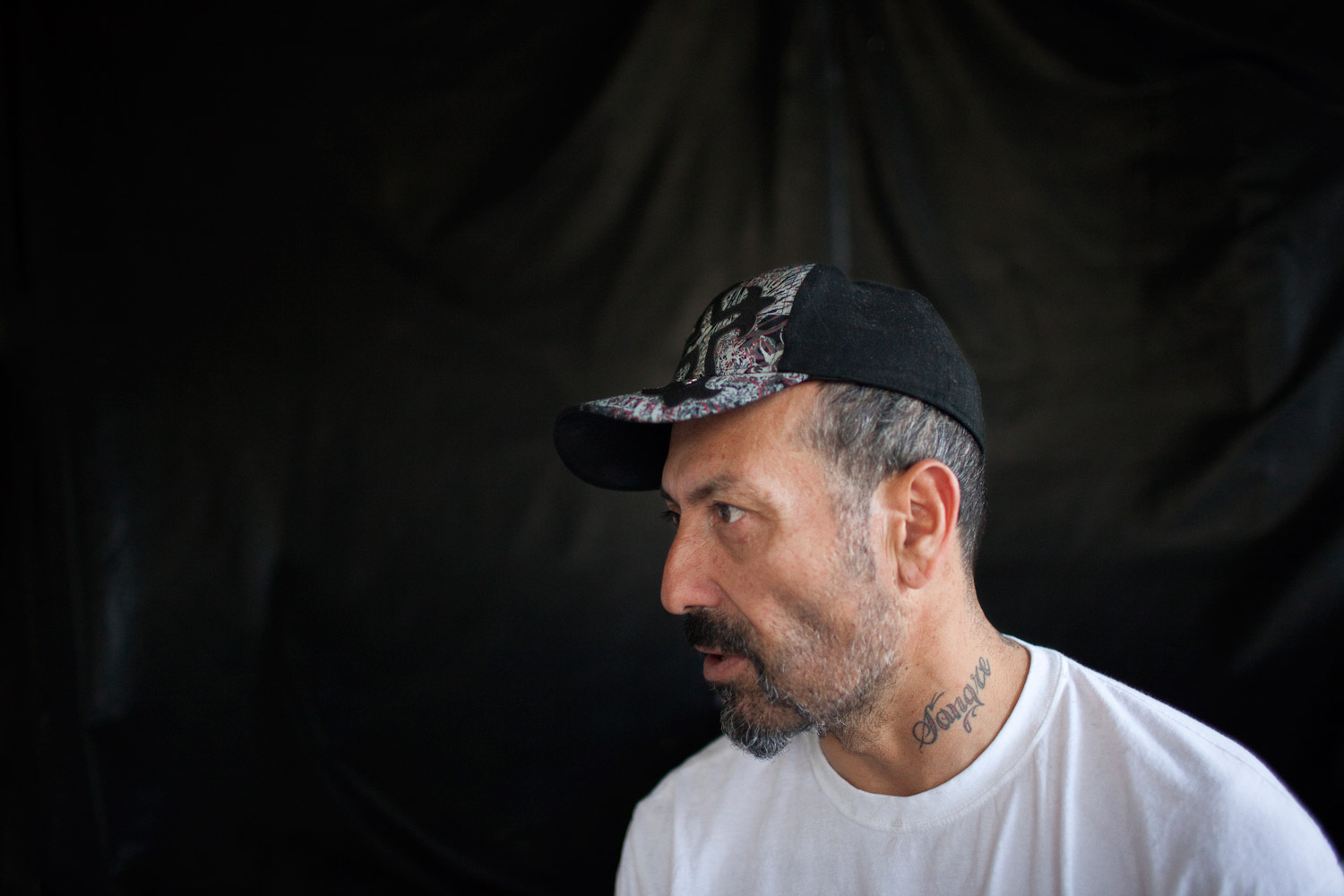
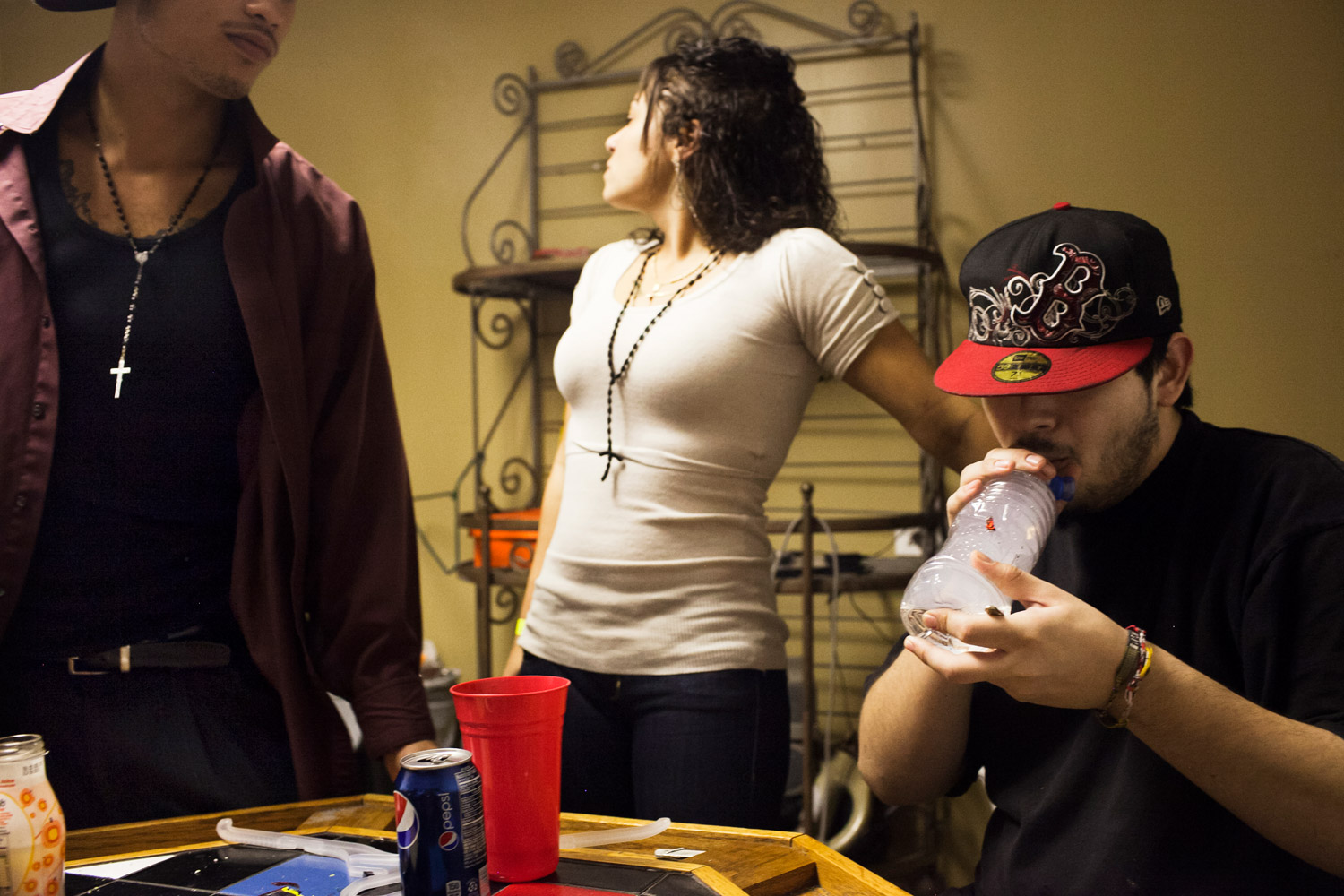
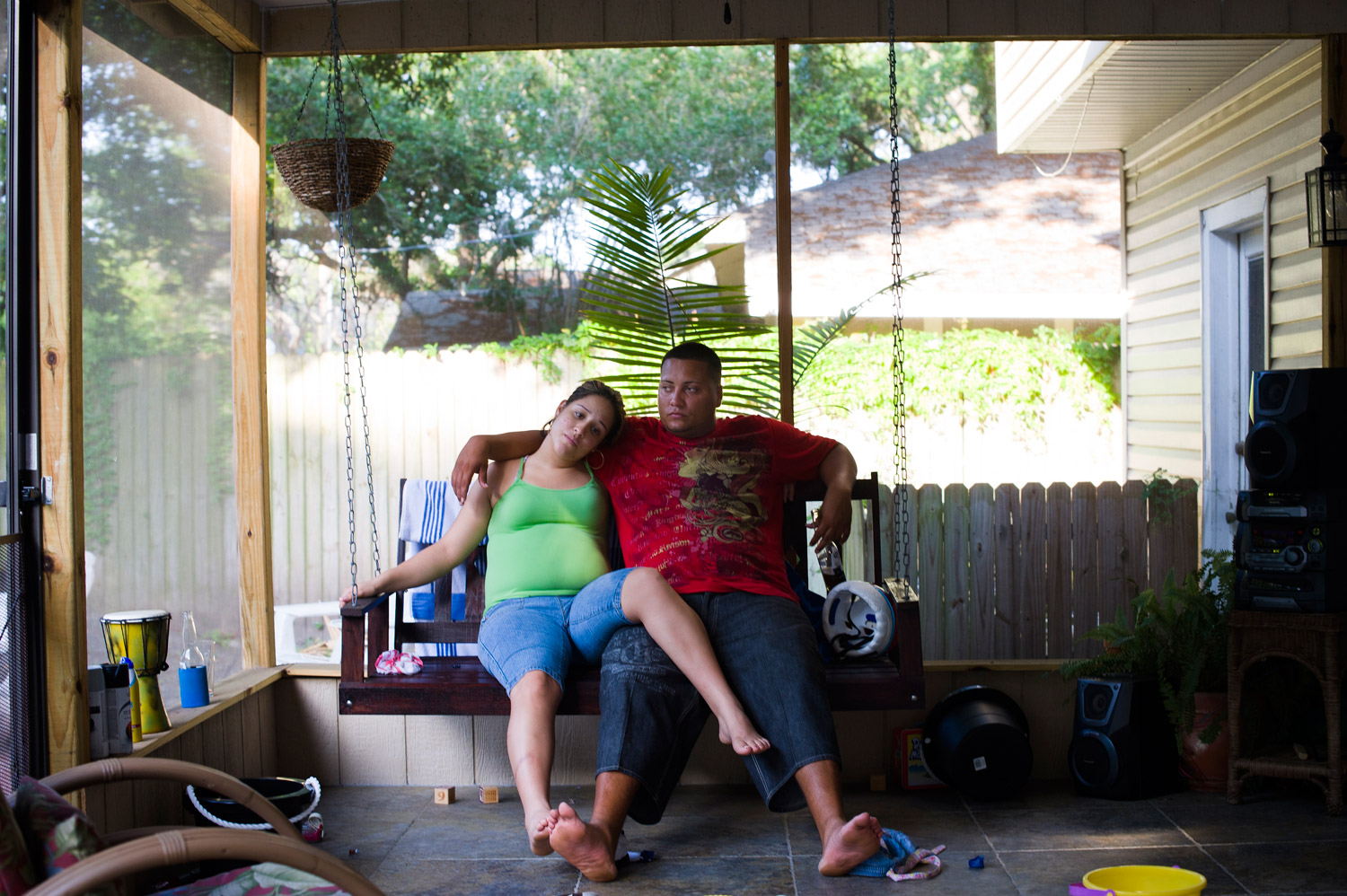
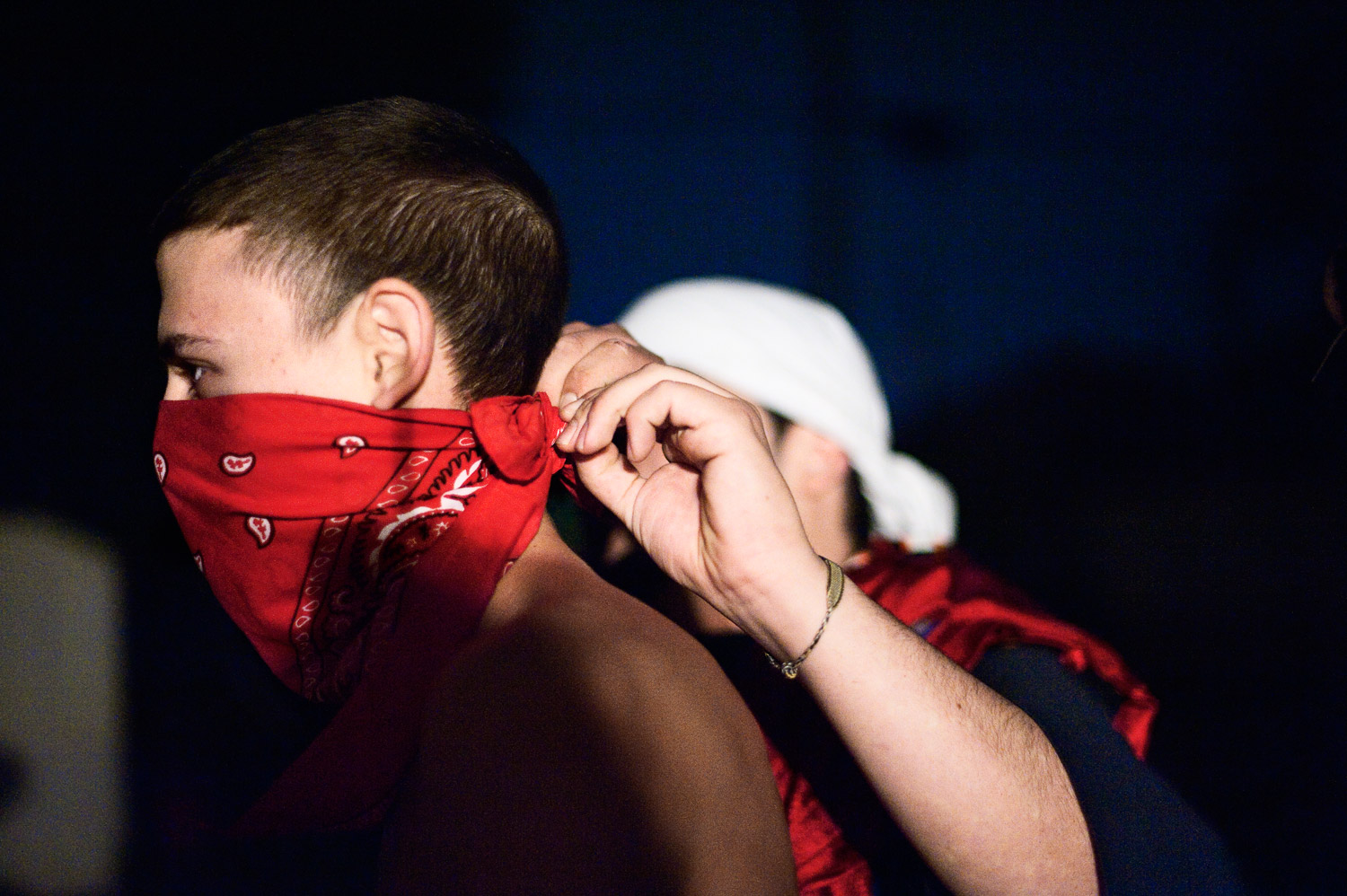
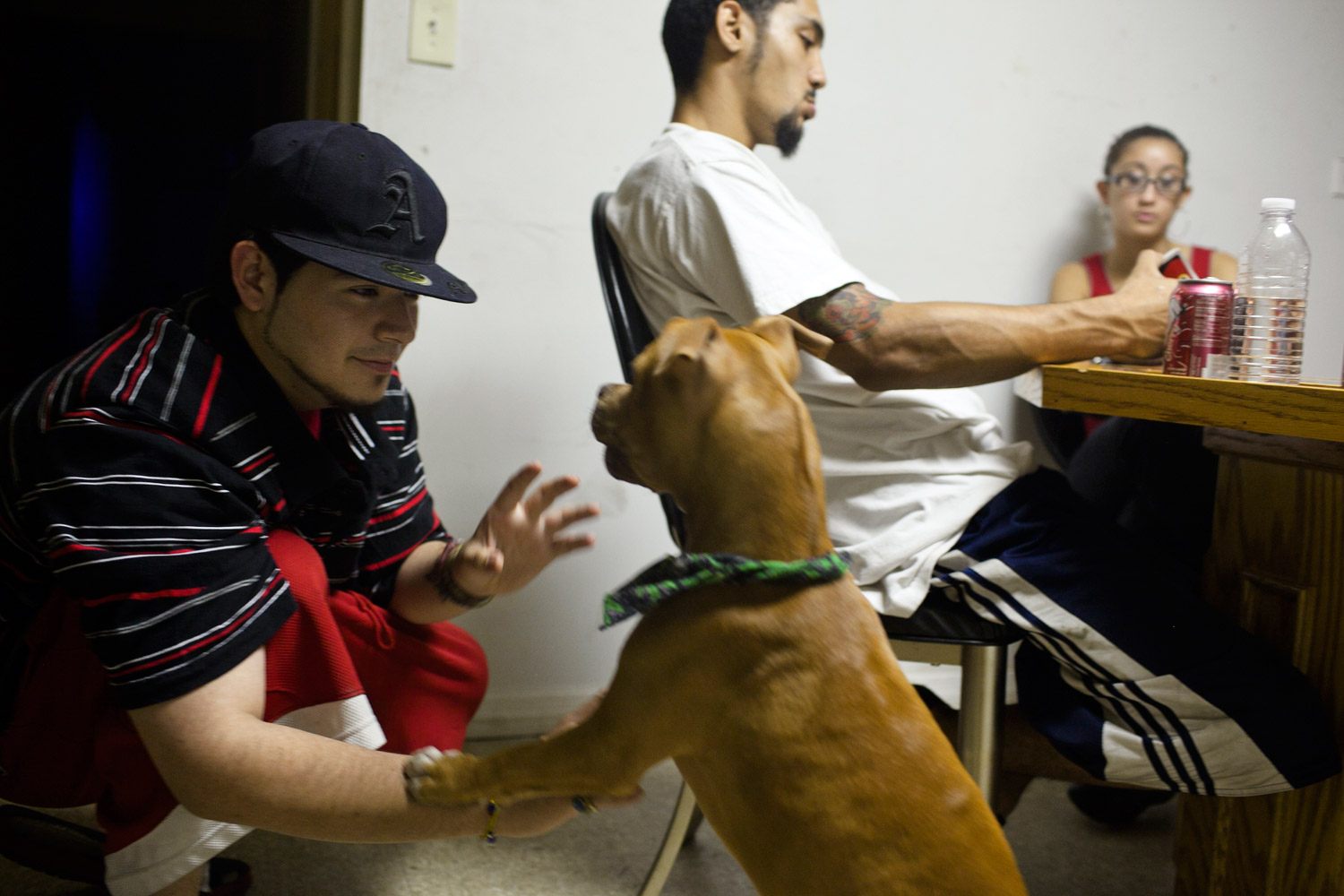
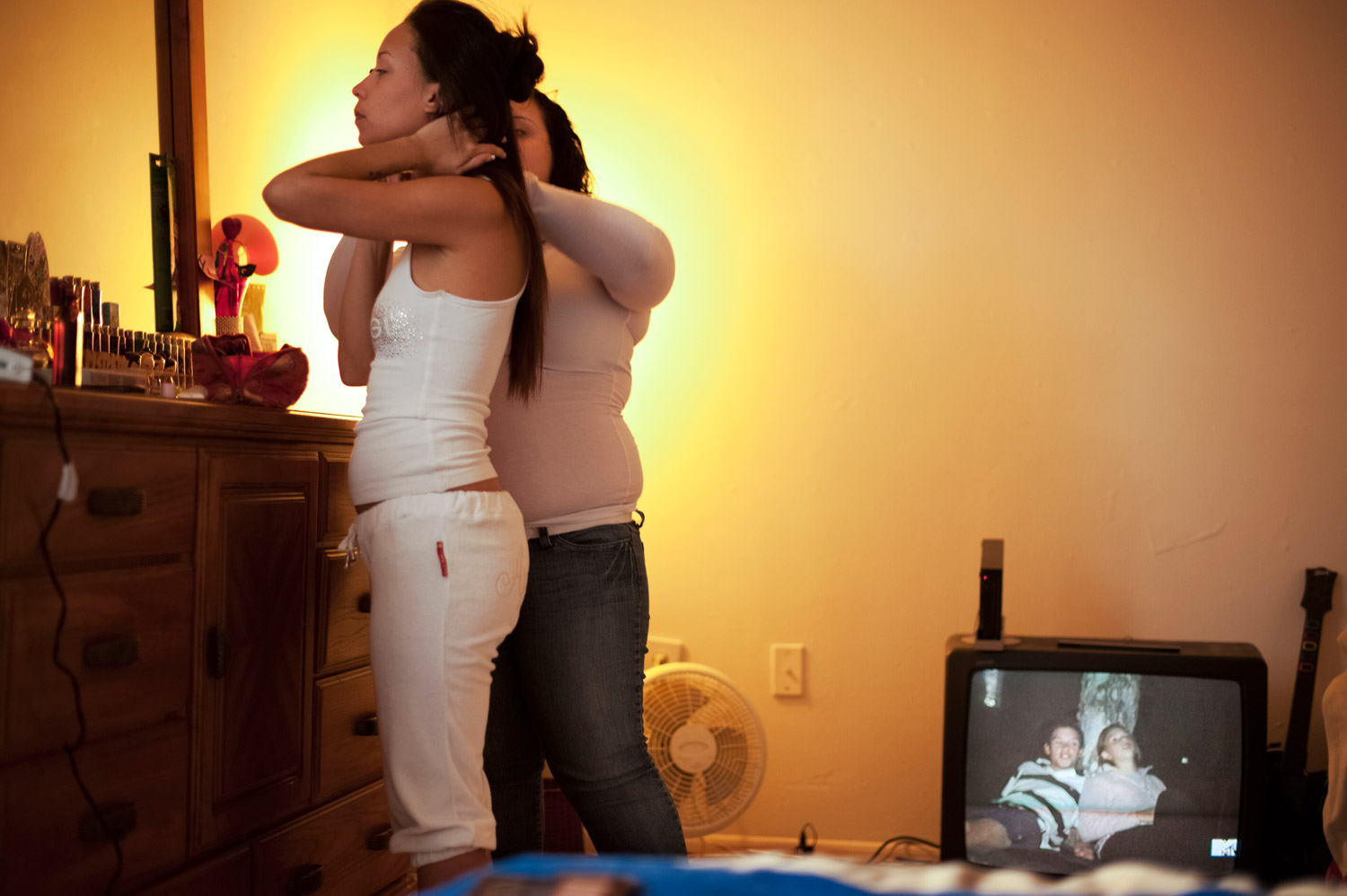
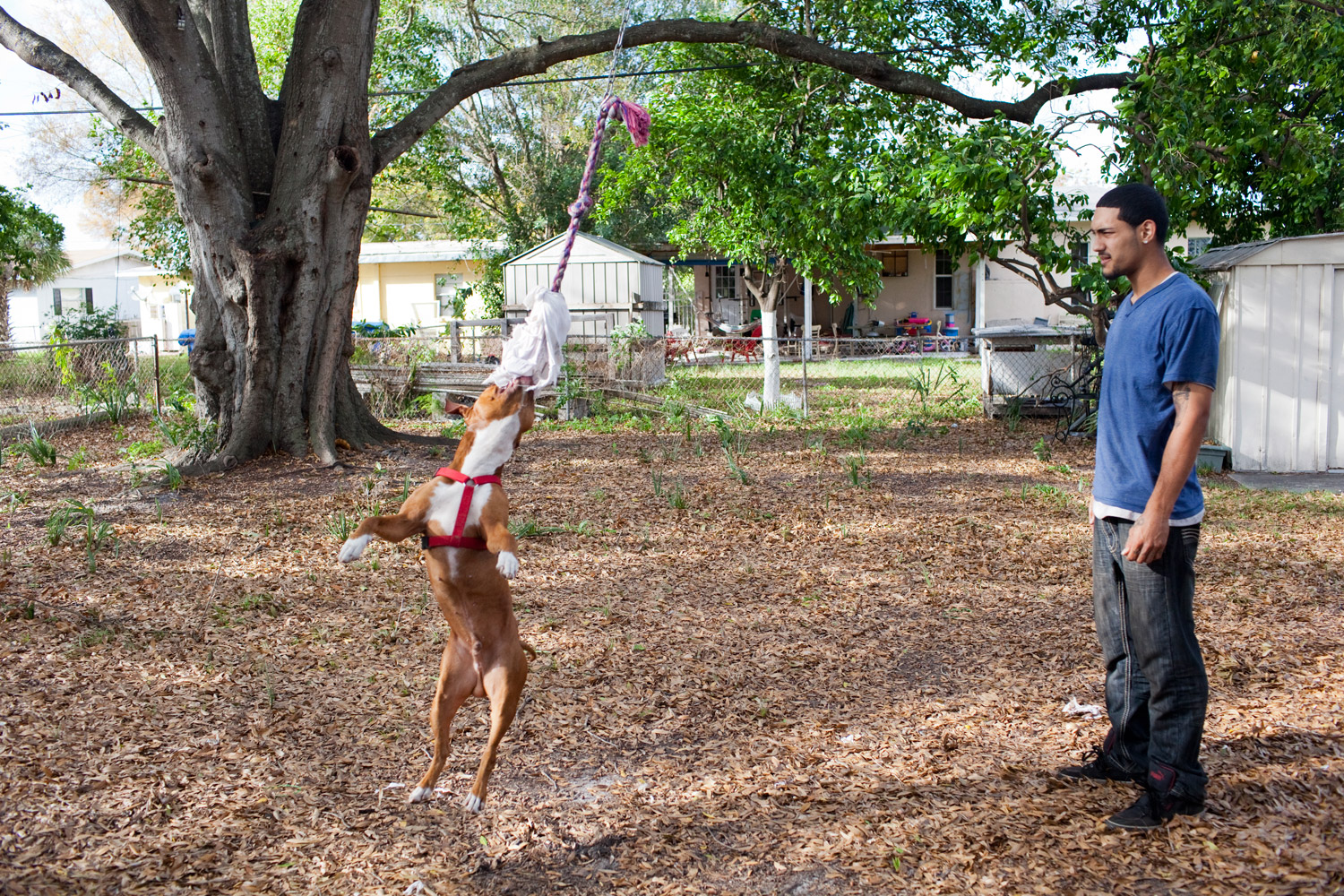
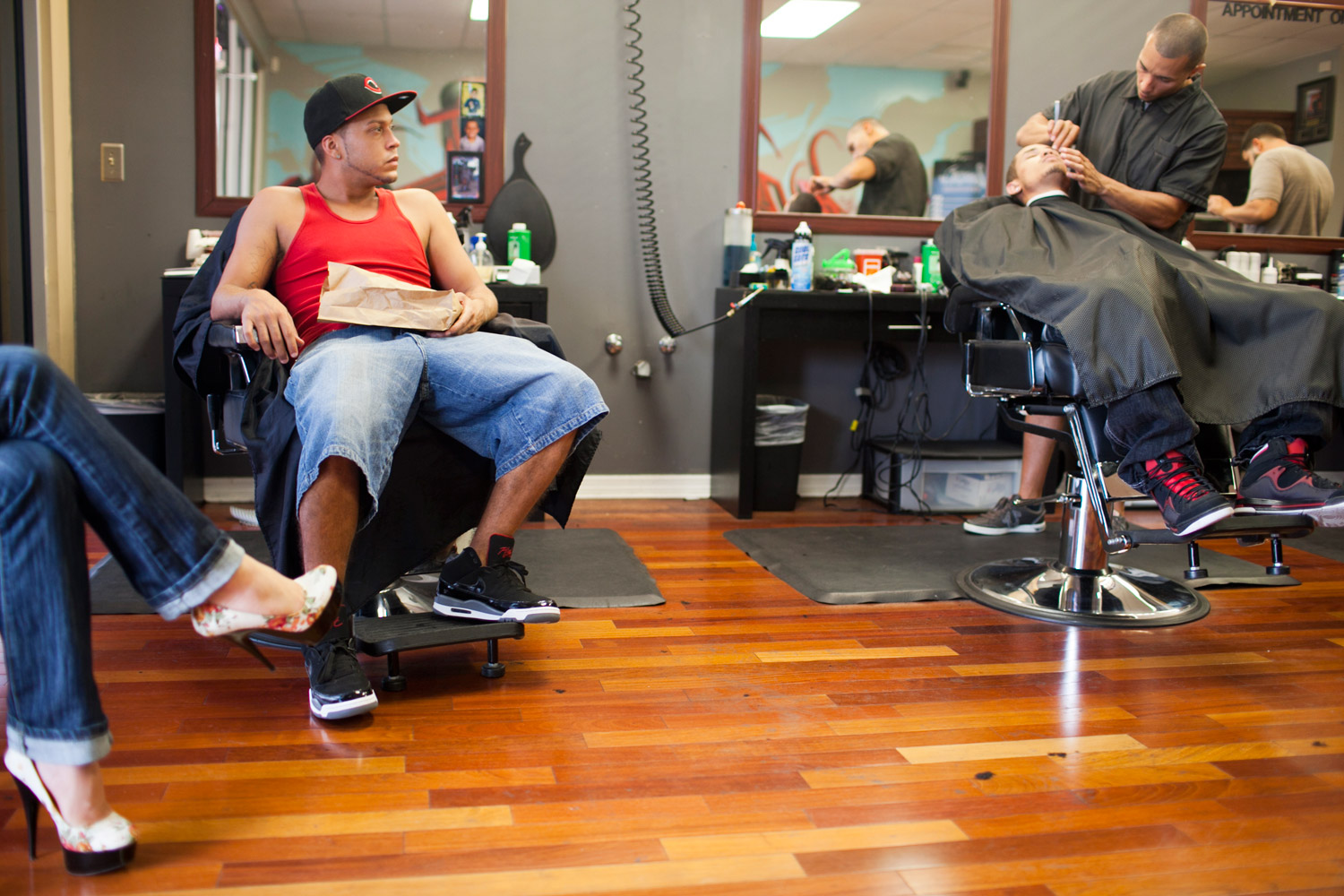

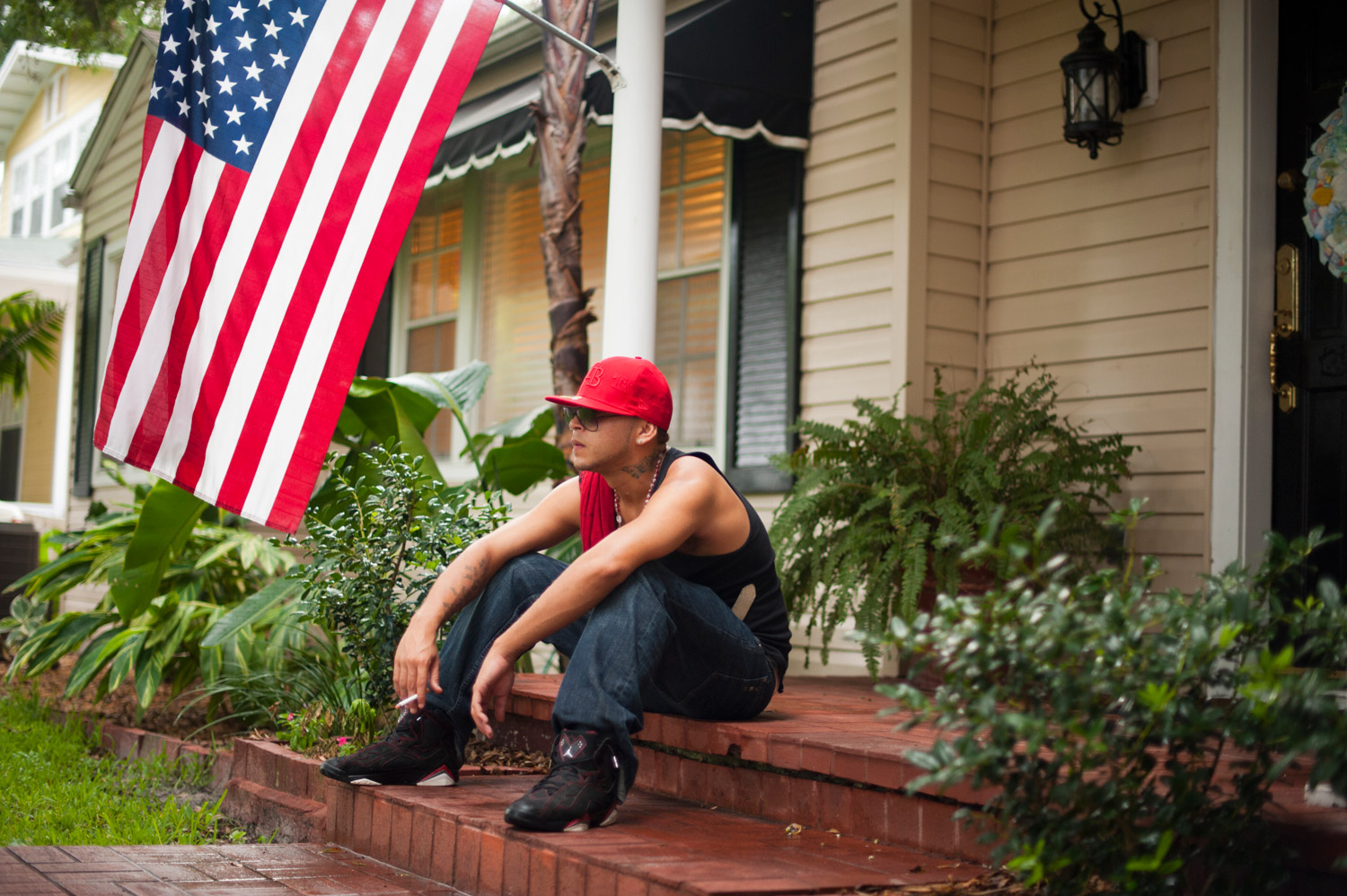
More Must-Reads from TIME
- Cybersecurity Experts Are Sounding the Alarm on DOGE
- Meet the 2025 Women of the Year
- The Harsh Truth About Disability Inclusion
- Why Do More Young Adults Have Cancer?
- Colman Domingo Leads With Radical Love
- How to Get Better at Doing Things Alone
- Michelle Zauner Stares Down the Darkness
Contact us at letters@time.com